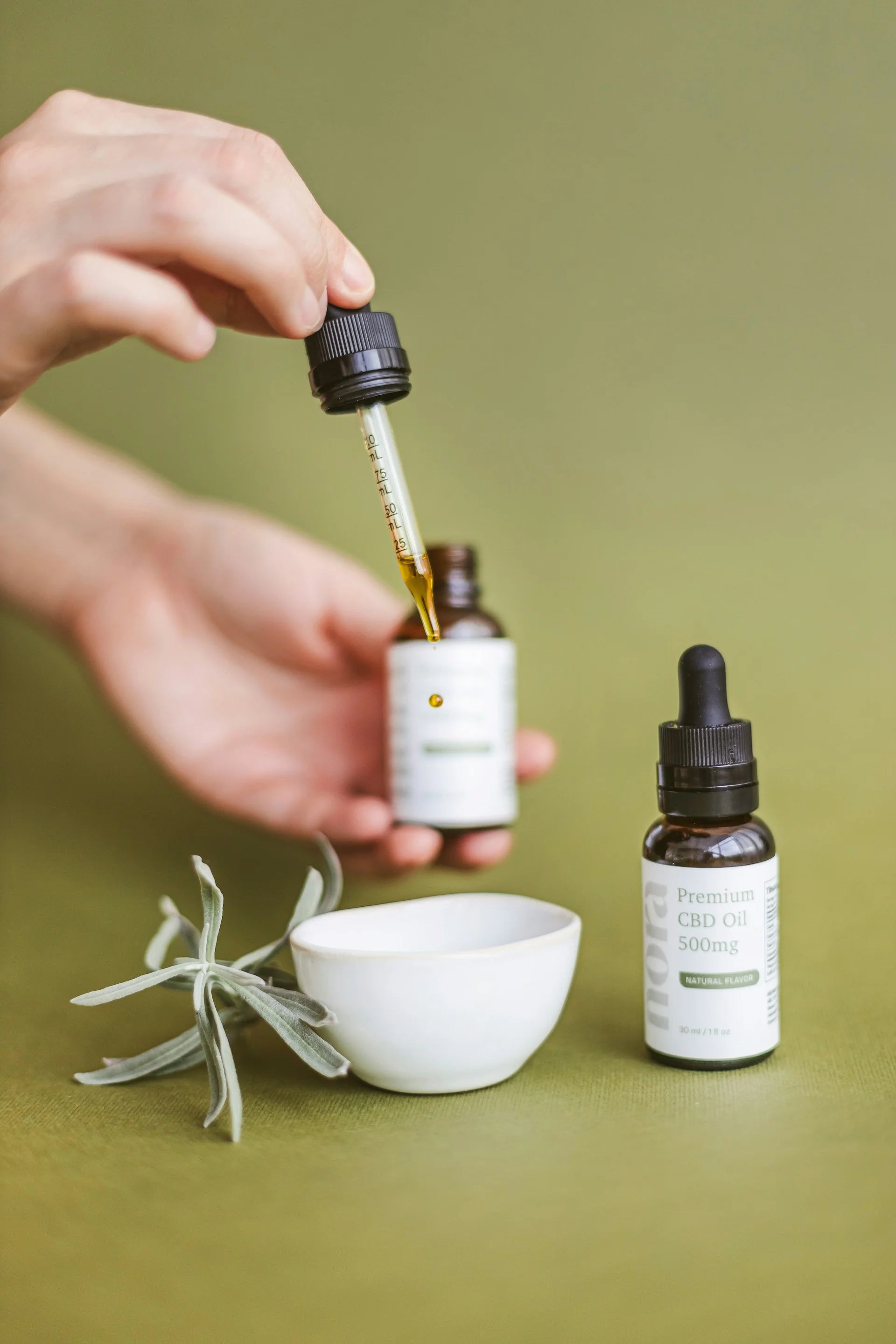In recent years, CBD (cannabidiol) has emerged as a popular natural remedy for various health issues. Particularly in women's health, CBD shows promise in managing conditions like menstrual cramps, menopause symptoms, and hormonal imbalances. This article delves into how CBD could be a beneficial addition to women's health management.
Understanding CBD
CBD stands for Cannabidiol. It is a non-psychoactive compound that is found in cannabis plants. Unlike THC (tetrahydrocannabinol), CBD does not cause a 'high' but has been noted for its therapeutic properties. It interacts with the body's endocannabinoid system, which plays a key role in regulating mood, pain, sleep, and hormonal balance.
CBD and Menstrual Cramps
Menstrual cramps, or dysmenorrhea, are a common issue for many women. CBD's anti-inflammatory and pain-relieving properties make it a potential natural alternative for alleviating menstrual pain. CBD Cartridge can relax muscles and soothe inflammation, reducing the intensity of cramps.
How to Use CBD for Menstrual Cramps
- CBD Oil: Taken sublingually or added to food.
- Topical Applications: CBD-infused creams or balms applied directly to the lower abdomen.
- CBD Bath Bombs: For a relaxing, full-body relief.
CBD and Menopause Symptoms
Menopause has a lot of symptoms like hot flashes, mood swings, and sleep disturbances. CBD's ability to interact with the endocannabinoid system can help in managing these symptoms.
Benefits of CBD in Menopause
- Mood Regulation: CBD can have calming effects, aiding in mood stabilization.
- Improved Sleep Quality: CBD may enhance sleep quality by addressing anxiety and sleep disturbances.
- Bone Density Support: Emerging research suggests CBD might help in maintaining bone density, a concern during menopause.
CBD and Hormonal Imbalance

Photo from Pexels
Hormonal imbalances can cause various symptoms like acne, weight gain, and mood swings. CBD may influence hormonal health by its interaction with the endocannabinoid system.
Potential Effects of CBD on Hormonal Balance
- Stress Reduction: By reducing cortisol levels, CBD can indirectly influence other hormones.
- Insulin Regulation: CBD might help in managing insulin levels, though research is still ongoing.
Safety and Dosage
While CBD is generally considered safe, it's crucial to approach its use carefully, especially in matters of women's health. It's important to understand that we are not health professionals so always consult a doctor before trying anything to make sure it’s good fit for you and get the right dose recommendations.
Tips for Safe Use
Here are some essential tips for the safe use of CBD:
- Start with Low Doses: If you're new to CBD, begin with a small dosage and observe how your body reacts. You can increase the doe gradually.
- Consult Healthcare Professionals: Before starting CBD, especially if you have existing health conditions or are on other medications, consult with your doctor. .
- Choose High-Quality Products: Opt for CBD products from reputable sources. Look for products that have been third-party tested and have clear labels showing the concentration of CBD and a full list of ingredients.
- Understand the Different Forms of CBD: CBD comes in various forms, such as oils, tinctures, capsules, edibles, and topicals. Each form has a different mode of action and duration of effect. You can choose any form which you feel comfortable with.
- Be Aware of Potential Side Effects: While CBD is generally considered safe, it can cause side effects in some people, such as dry mouth, drowsiness, and changes in appetite or mood. Be mindful of these potential effects and adjust your use accordingly.
- Know the Legal Status: CBD's legality varies by location. Familiarize yourself with the laws in your area regarding CBD use and ensure you're complying with them.
- Avoid CBD During Pregnancy and Breastfeeding: Due to the lack of research on CBD's effects during pregnancy and breastfeeding, it is advisable to avoid its use during these times.
- Monitor Your Response: Always take care of how your body is responding after CBD consumption. If you notice any adverse reactions or no improvement in the condition you're using it for, reconsider its use and consult a healthcare professional.
- Educate Yourself: Stay informed about CBD, its benefits, risks, and the latest research. This knowledge will help you make informed decisions about using CBD effectively and safely.
- Be Cautious with Vaping: If you choose to vape CBD, be cautious about the quality of the vape products. Some vaping liquids may contain harmful substances, and the long-term effects of vaping are still being studied.
Legal and Accessibility Considerations

Photo from Pexels
The legal status of CBD varies globally and even across states in some countries. It's vital to be aware of local laws and regulations regarding CBD use and purchase.
Conclusion
CBD presents a promising, natural alternative for managing various aspects of women's health, from menstrual cramps to menopause symptoms and hormonal imbalances. With its therapeutic potential, CBD could be a valuable tool in the holistic management of women's health issues. As with any supplement, it should be used responsibly and in consultation with healthcare professionals.
As research continues to evolve, the role of CBD in women's health is likely to become even more significant, opening new avenues for natural, effective health management.






Leave a comment
All comments are moderated before being published.
This site is protected by reCAPTCHA and the Google Privacy Policy and Terms of Service apply.